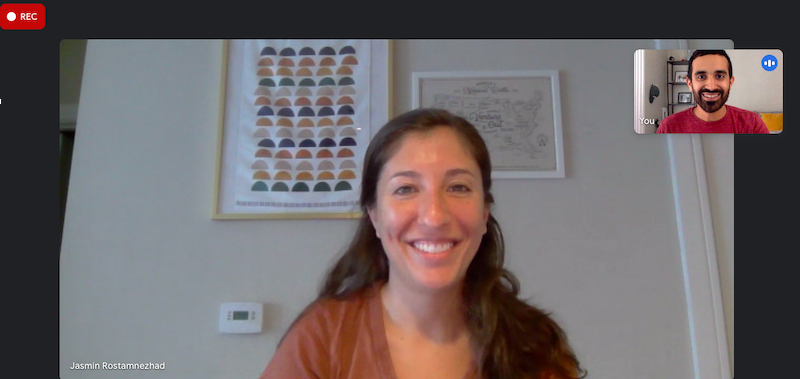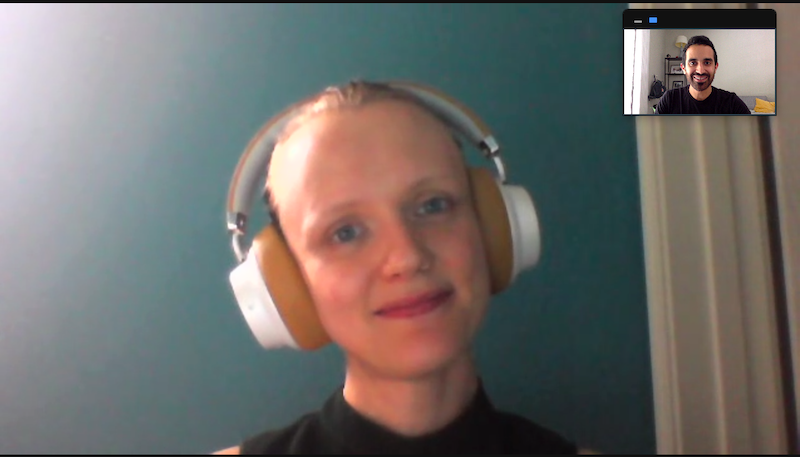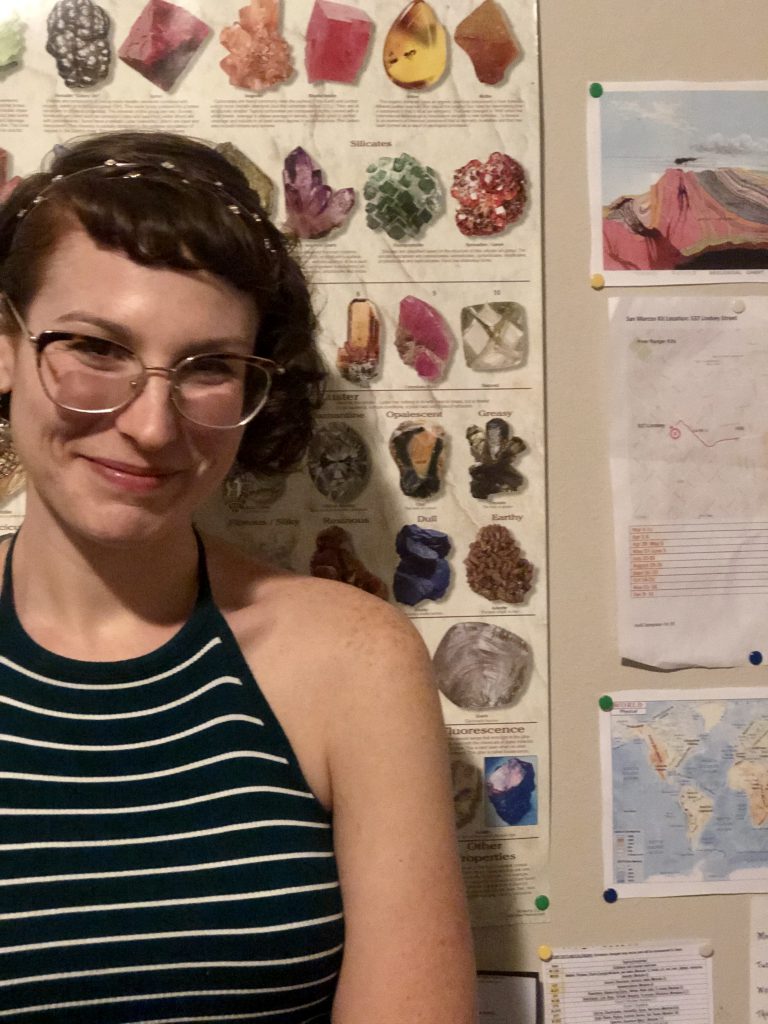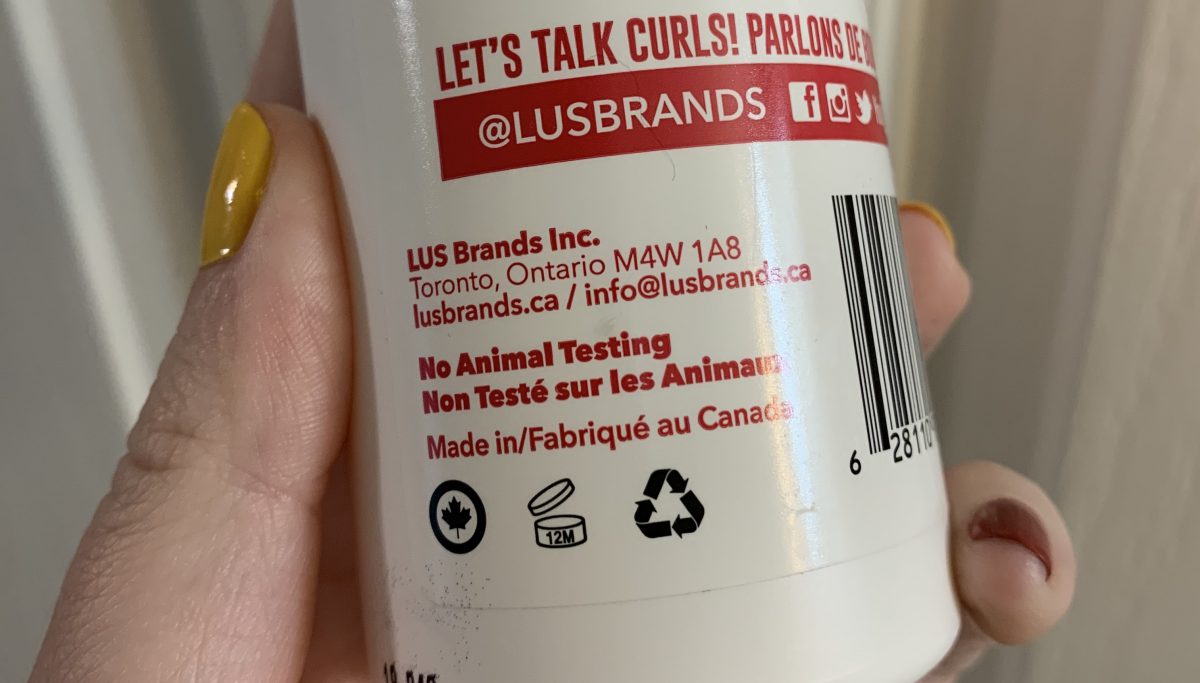Story by Georgina Barahona
Edited by Pete Ramirez
Have you ever wondered what you could do to protect the natural environment around you? Have you ever tried to calculate and lower your carbon footprint?
Austin Community College’s Office of Energy & Sustainability can help you address these questions and discover how you can get involved in creating a more sustainable world through green initiatives led by their Green Team.
The large and ever-growing department’s Green Team consists of ACC faculty, staff and students who volunteer to improve environmental sustainability on campus and throughout the surrounding city.
The office and its Green Team work to continuously elevate the knowledge of sustainability to those they have the opportunity to work with, students and community members alike.
The Green Team welcomes all volunteers with open arms, no matter what community they come from.
Inspired by the work of the Office of Energy & Sustainability, Angelica Ruzanova, a first-year journalism major at ACC, decided to join the Green Team last fall.
“Our ACC Green Team works by offering particular activities, advocacy and action,” Ruzanova said.
The organization has a calendar of events accessible to anyone who wants to join their movement in ecological restoration, including events offered by The Trail Foundation.
“The Trail Foundation is a beautiful place to start with hands-on projects,” Ruzanova said. “We do planting, weeding, invasive species removal, trash clean-up, mulching, and other ecological restoration activities on the Ann & Roy Butler Hike & Bike Trail.”
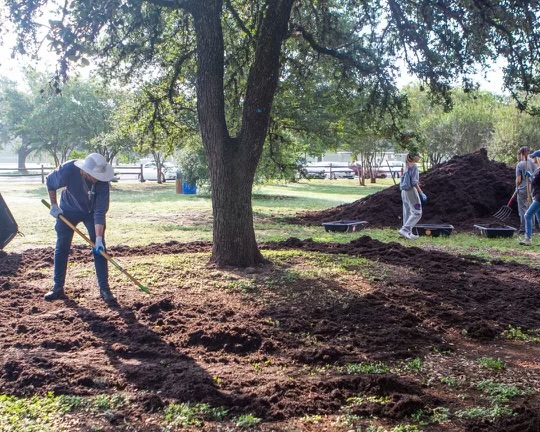
You can find the organization’s events calendar by clicking this link. The Green Team provides a wide variety of events curated to teach individuals how to take that first step towards environmental awareness.
One of the upcoming events that is open to ACC students is the Texas Regional Alliance for Campus Sustainability on Monday, April 4, 2022 from 1 pm to 5 pm.
The event is a free student virtual summit with the theme being student empowerment and climate action. If you would like to attend the conference, send an email to the Green Team at [email protected]
If you get involved with ACC’s Green Team, they’ll introduce you to the seemingly endless possibilities to learn new and realistic ways to combat climate change.
From helping to implement sustainable living ideas into a conference like Adulting 101, to acquiring access to off-campus events where other like-minded individuals share ideas about approaching ecological restoration, there are countless opportunities to get involved.
Jasmin Rostamnezhad, Sustainability Manager at ACC’s Office of Energy & Sustainability, works with her teammates and volunteers to find new and creative ways to make fighting climate change accessible and achievable to the everyday person.
“My passion is working with each person & getting them to understand that the little things you do have a big impact,” Rostamnezhad said. “I do that by tabling with students at ACC and creating resources for people to use after their time at ACC.”
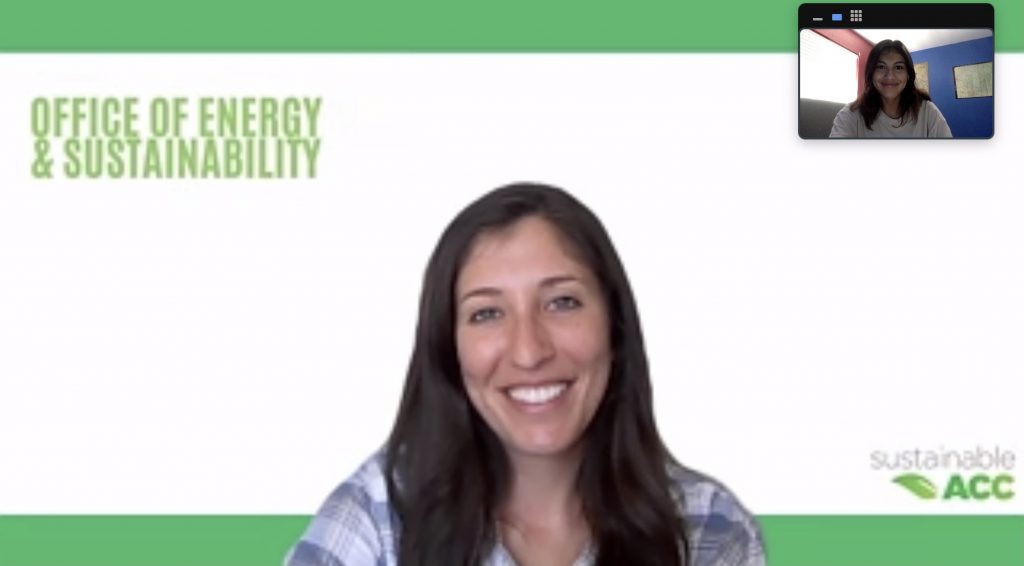
Ruzanova says the Green Team is a place where you can share your ideas about sustainability and work with the team to turn those ideas into reality.
“Starting small, on an individual level is what makes it special,” Ruzanova said.
“You can go from so many angles with sustainability because it’s a universal movement acknowledged throughout the world, with people from different demographics and different socio economic levels bringing something to the table by sharing their stories,” Ruzanova said.
“Having organizations such as ACC Green Team, who work so hard to organize these events, is a step towards widespread sustainability in our community in Austin and a realistic example of what action is capable of,” Ruzanova said.
But ACC did not always have sustainability in mind. As the consensus around climate change reached a tipping point during the 2000s, the college moved to change with the times.
The blueprint to enact college-wide sustainability policies was created and adopted by ACC in 2009 with the C-9 Sustainable Practices Policy and the Sustainable Construction and College Operations Guidelines/Procedures. In the same year, ACC joined the Carbon Commitment, which is a public pledge for the school to take steps to make the entire college carbon neutral.
As these initiatives were put to the forefront of the college’s taskbook, the steps to creating climate neutrality among the college were put into full effect.
But wait, what is climate neutrality?
In simple terms, it means reducing greenhouse gas emissions like carbon dioxide, which is created by burning fossil fuels, as soon as possible by balancing those emissions so they are equal to or less than the emissions that get removed through the Earth’s natural absorption. Fundamentally, it means we reduce our emissions through climate action.
Rostamnezhad realizes that her work is cut out for her but she is driven by the hope of building a better world for all of Earth’s inhabitants.
“Ultimately what inspired me to get into this field is the impact that our climate issues and environmental problems have on certain communities as well as low income communities and disadvantaged communities that are unfairly targeted by our behaviors everyday,” Jasmin Rostamnezhad said. “I think that should inspire everyone to want to change the way that they live.”



